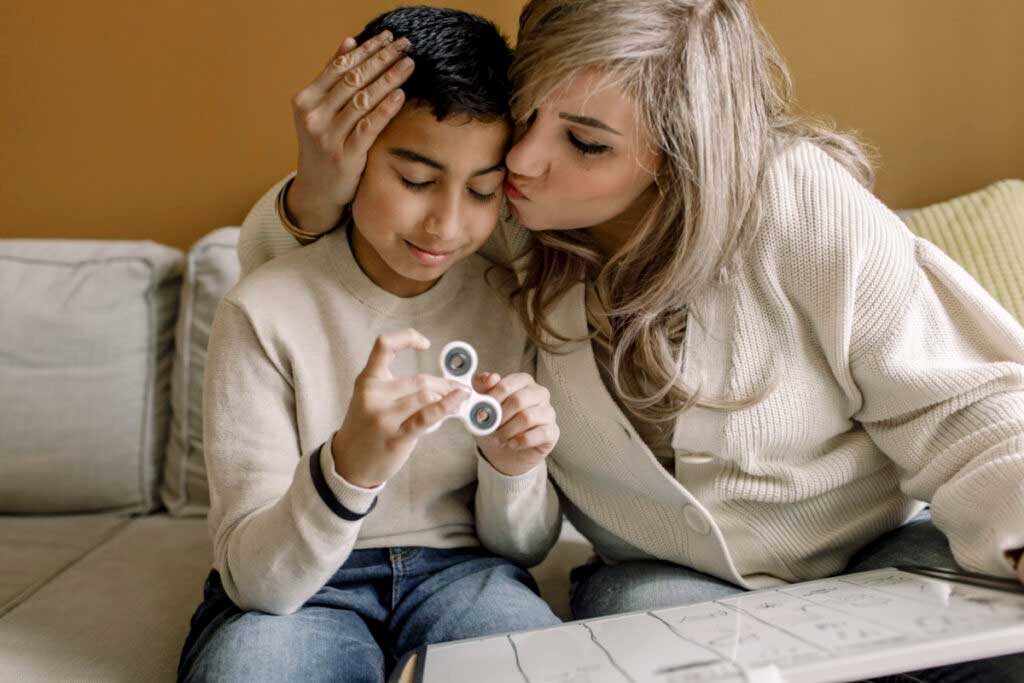Are boys doomed? I keep reading that they’re doing worse in school, struggling with mental health, etc. Every time I hear about these statistics, it makes me panic. What can I do to help my sons reach their potential?
—Boy Mom
There are a lot of statistics people cite about the struggles of boys, but the one that sticks with me is about college enrollment. In the 1970s, when Title IX was introduced, college enrollment was 40% women, 60% men. The hope was to get to a more equal footing. The numbers equalized, but then reversed: currently, 60% of college enrollment is women, and only 40% men. This is reflective of a larger set of concerns about how boys are doing in school and in the workforce.
Men, especially men with less education, are not doing well. They’re less likely to have stable jobs and income than in the past, more likely to be struggling with substances and mental health issues. There is policy interest in how to combat these issues — I’d point to Richard Reeves as a leader in that space.
From an individual parent standpoint, especially parents of younger kids, these issues are most likely to come up in school. As kindergarten and the rest of the early grades have gotten more focused on sitting still and focusing, the fact that boys develop those skills (on average) later has left them at a disadvantage. In middle school, when executive function becomes more important, boys again (on average) can be slower to catch up.
As a boy mom myself, I can see the panic! But panic almost never serves us well. I’ve got two proactive ideas. First, know that awareness creates value. If you know what to expect (and not expect), you can help your son navigate these times and feel good about himself. Second, read this piece by Christopher Pepper about the problem but also about practical solutions.

















Log in